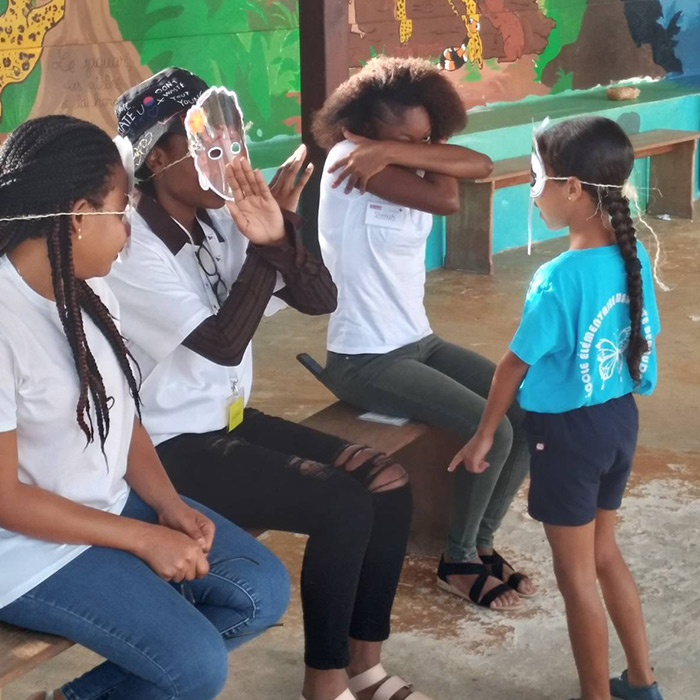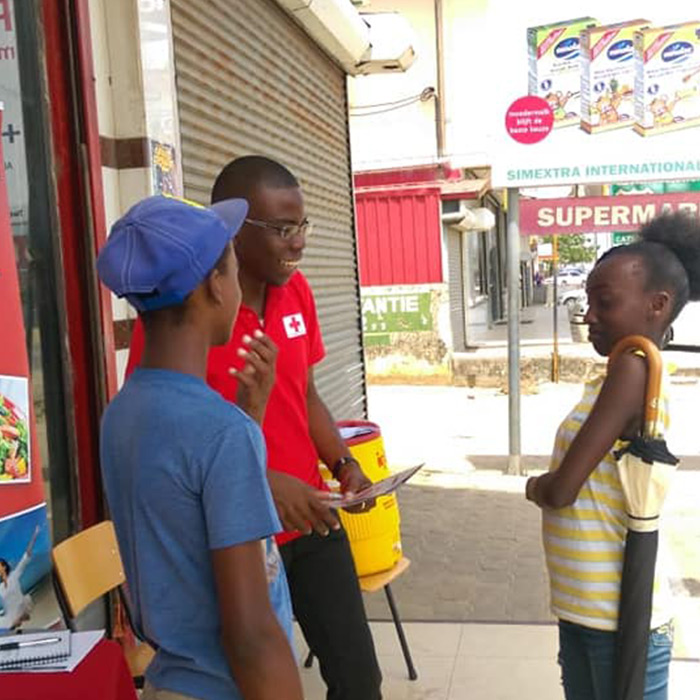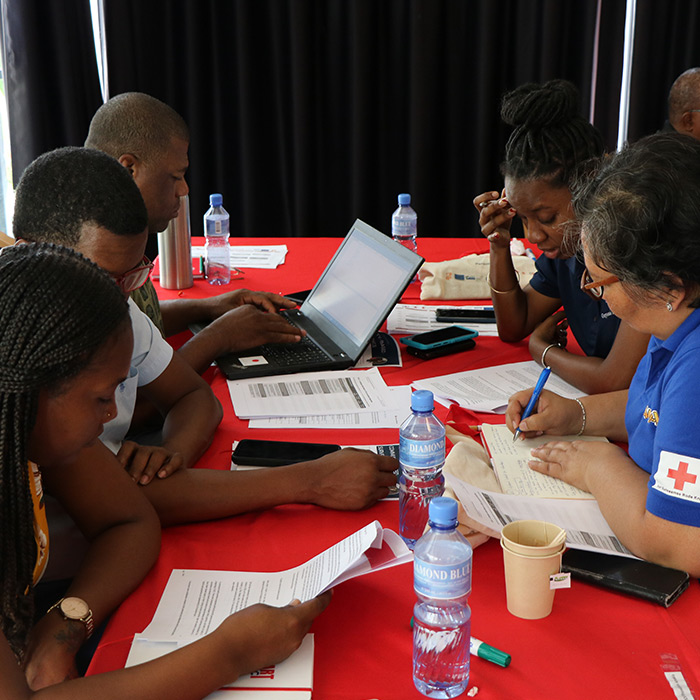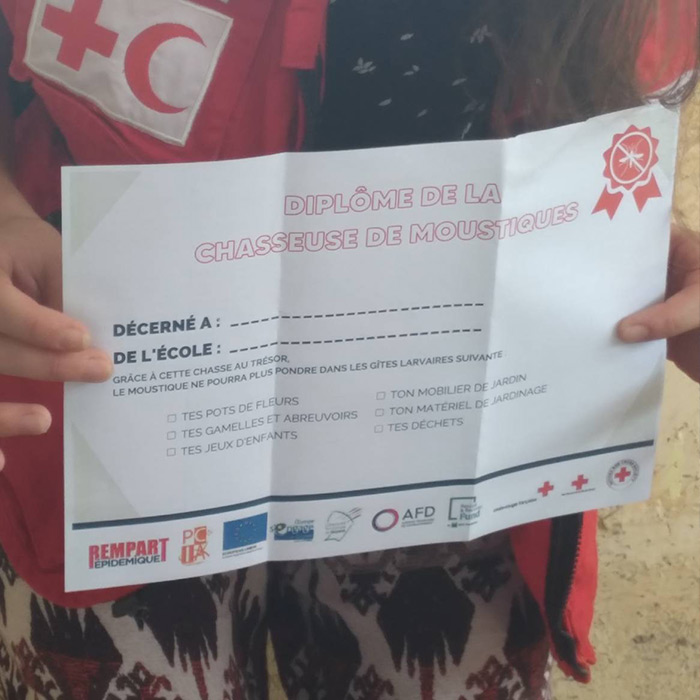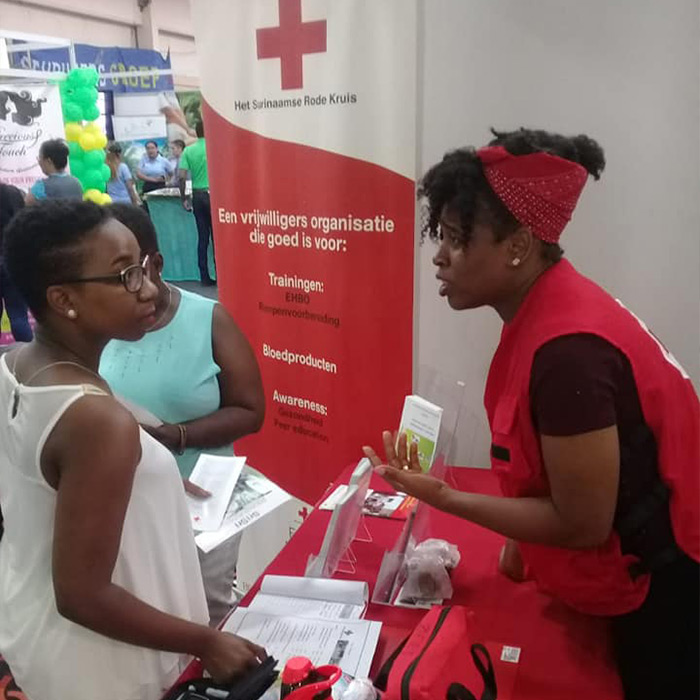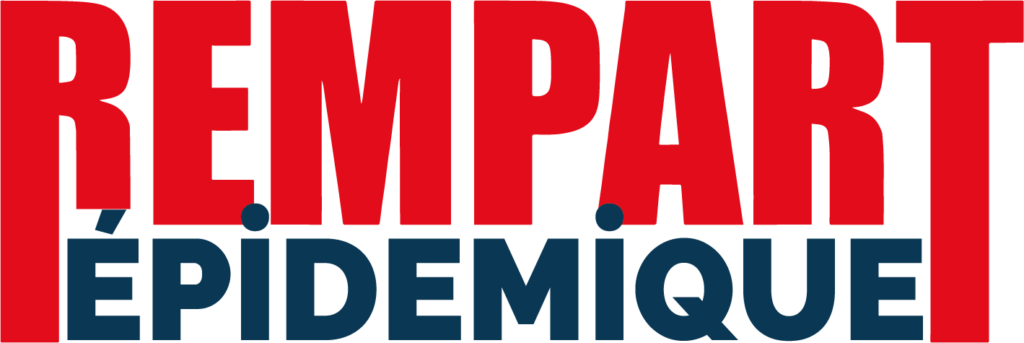Our 2nd webinar will start in :
- 00Days
- 00Hours
- 00Minutes
- 00Sec.
BRAZIL
ONE HEALTH APPROACH LATIN AMERICA
"PASTEUR-USP" PROJECT
PASTEUR-USP Scientific Platform (SPPU) in Brazil.
To fight against neurological disorders with a "ONE HEALTH" approach
With the ongoing climate change, the circulation of emerging viruses (dengue, Zika, chikungunya, mayaro), the re-emergence of serious diseases (yellow fever) and the neurological damage of neglected systemic diseases (leishmaniasis, trypanosomiasis) give rise to fears of an increase in the number of cases of neurodegenerative pathologies in an aging Brazilian population.
Coordinated by Dr. Paola MINOPRIO of the Institut PASTEUR, a scientific platform associating the University of São Paulo/Pasteur Institute/Fiocruz (SPPU) is being set up in Brazil to fight against neurological disorders caused either by infectious agents or by degenerative/evolutive diseases
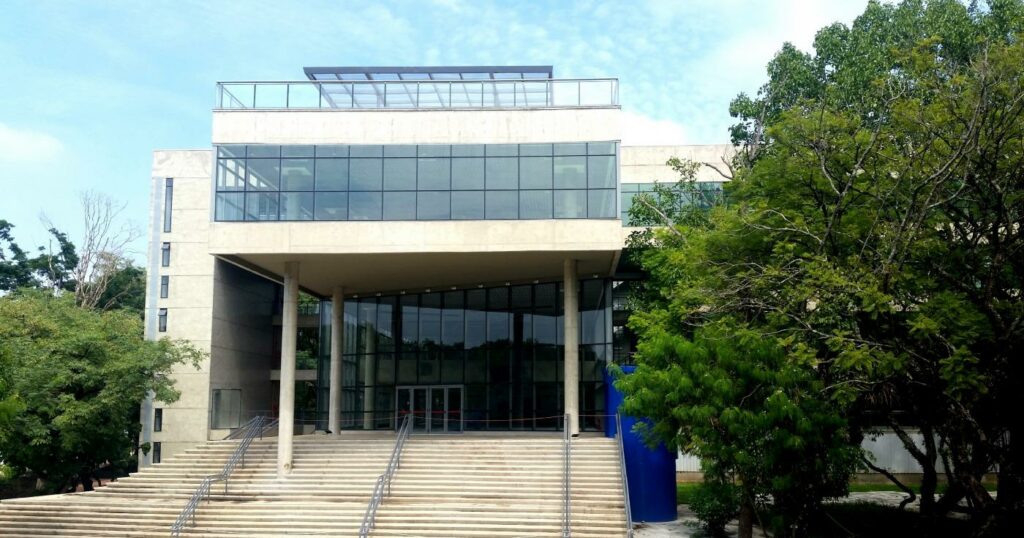
(The PASTEUR-USP research platform was built on the campus of the University of São Paulo)
The UPPS consists of 17 laboratories, four of which are BSL-3. The team has longstanding expertise in classical and molecular epidemiology, systems biology and immunology, evolutionary, cellular and molecular biology, high security laboratories and field operations. It works with the ‘One Health’ approach to address complex health issues. Eventually, the site will be able to accommodate up to 80 researchers and will offer an optimal and fruitful environment to set up collaborative research on several continents.
17
Laboratories
1
Scientific platform
80
Researchers
THE ACTIVITIES
The fight against epidemics is based on joint initiatives to discover new products and preventive, diagnostic / prognostic methods, as well as to ensure the transfer and application of these innovations.
Study of micro-organisms with high individual risk and moderate population risk in NB3 laboratories
Organization of regional meetings by the Pasteur International Network with thematic discussions on topics related to the emergence and antimicrobial resistance in the region (2019)
THE FIELDS OF RESEARCH
Neuroimmunology
THE OBJECTIVES
The Plateforme Scientifique Pasteur-USP (SPPU) functions as an emergency cell and its main objective is to contain epidemics.
Develop methods to prevent epidemics
Promote extension, education, innovation and knowledge transfer activities and public health measures
Creation of intra and inter network links (Canada, Brazil, Uruguay, Guadeloupe, French Guyana)
Main lessons learned
and best practices
Collaborate well
The importance of collaboration between interdisciplinary sectors such as public and environmental health, as well as veterinarians, in the control of zoonotic diseases.
Prepare for success
To succeed, One Health needs both a top-down and bottom-up approach. It is not only the formal system of government that is needed, but also individuals in their various disciplines at the field level who can change their ways to make it work.
Knowing how to raise awareness among the major players
One Health awareness plays a major role in reinforcing the important role of veterinarians and family physicians in the fight against zoonotic diseases.
Establish a network
Importance of lobbying key ministries and establishing interdepartmental collaboration.
Establish a good synergy
The importance of establishing good working relationships between government veterinary services and national planning and environmental protection agencies.
Communicate well
Use the full potential and effectiveness of the distribution channels.
RESULTS
ABOUT THE PROJECT "ONE HEALTH, ONE CARRIBEAN, ONE LOVE"
12 national One Health community projects were created, developed and implemented by national One Health networks.
2
One Health Webinars
8
Promotional videos and
20
Training videos.
300
Hard copies of the book “Caribbean resilience and prosperity through One Health” distributed to key One Health stakeholders in the Caribbean.
Strengthening the capacity and skills of veterinary diagnostic laboratories throughout the region through training in quality assurance and biosecurity, proficiency testing, and the introduction of new molecular diagnostic techniques in laboratories.
11
Laboratory technicians trained in quality assurance (QA) and biosafety.
7
Veterinary diagnostic laboratory technicians from Guyana, Suriname and Trinidad and Tobago were trained in real-time molecular PCR technology.
7
National diagnostic laboratories participated in a proficiency testing exercise.
